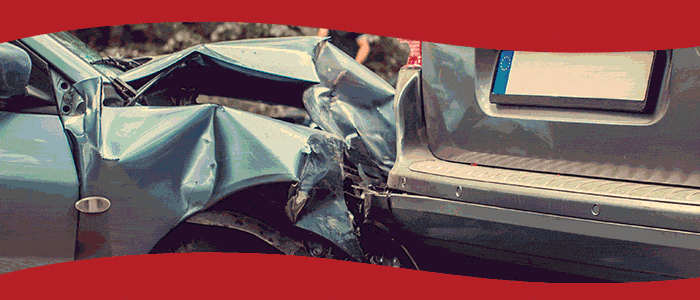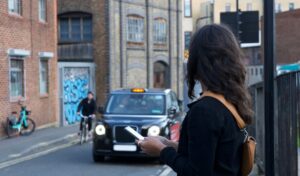The low number of new taxi drivers joining the trade is one of the major issues faced by the taxi industry. A primary reason for this is the amount of time and effort required to complete the Knowledge of London – the extensive training and test that all black cab drivers in the capital must pass to ensure they can navigate London’s road network.
Indeed, the cost of knowing the best and quickest routes around the Capital is being increasingly felt by the industry. Completing the Knowledge can take up to four years and requires prospective drivers to memorise tens of thousands of roads and routes within a six-mile radius of Charing Cross. Despite being introduced in 1865 – when London was vastly different, and Satnavs didn’t exist – the exam hasn’t changed much.
The test is not only the most demanding in the world but is also time-consuming and expensive, which in a cost-of-living crisis, makes it increasingly inaccessible for those who wish to take it. Interestingly, the Mayor of London recently revealed that 70% of students training to become a licensed London taxi driver do not complete the testing process. The impact of this is being felt in the taxi industry, which, despite stalling recruitment, is still one of the most popular modes of transport and a City icon.
Adding to this, and according to TfL, the average age of a cab driver was 51 years old in 2023, which means that many more taxi drivers will be retiring in the upcoming years. Therefore, now is the optimal time to futureproof the trade.
Advertisement
In order to save the industry, changes must be made to the Knowledge. The aim is not to “dumb it down” by any means but to ensure that it continues to be accessible for future drivers. This way they can meet the needs of passengers who rely on the service to travel swiftly and safely around the city.
Recruitment woes, despite the black cab’s popularity
In the last decade, the number of taxi drivers has dwindled significantly, particularly in London, with new licence applications falling over 95% from 3,484 in 2011-12 to just 158 in 2022.
However, the driver decrease is not reflected in demand for the iconic Hackney Carriage as people continue to value comfort and space, as well as the fact that black cabs travel faster by using bus lanes. Adding to this is the large zero-emission capable fleet of black cabs that caters perfectly to an increasingly sustainability-conscious user base who is ditching their car and prefers zero-emission capable vehicles when travelling in the city. In fact, there is an increase in the number of tours in central boroughs, particularly in those where car ownership is declining, such as Islington, the City of London and Westminster.
With demand on the rise, the lack of access to drivers means that commuters will feel the brunt. Lower taxi driver numbers mean longer wait times for customers, leading many to choose alternative options.
This issue not only poses a problem for passengers but also for existing taxi drivers. The more passengers struggle to get a taxi, the more likely they are to look into other alternative modes, leading to less business for taxi drivers in the long run.
Next steps for the industry
It would not be in the trade’s best interest to entirely scrap the Knowledge. However, it is essential that the test is adapted to the industry’s current needs in a way that benefits both drivers looking to enter the trade and passengers.
Advertisement
While we do not want to diminish the incredible knowledge that black cab drivers hold, the industry also cannot ignore the potential to acquire many more drivers. Therefore, the Knowledge must be made more convenient and accessible for those keen to join the trade. At FREENOW, we would like to see the radius of roads that must be learned halved to three miles from Charing Cross and the time it takes to do the Knowledge shortened to one year – two maximum. This would ensure the sector can continue to thrive while maintaining the high standards that passengers expect from black cab drivers.
Ensuring success for the next generation
The black cab has long been a symbol of London and the United Kingdom. Having recently celebrated 200 years since the first licensed cab in London, the longevity of the Hackney Carriage is an example of how integral it is to London’s cultural fabric.
However, drivers are quite literally the driving force behind the black cab. In order to ensure the industry continues to thrive for another 200 years, changes need to be enforced which encourage drivers to enter the industry.
By Mariusz Zabrocki, UK General Manager at FREENOW



















